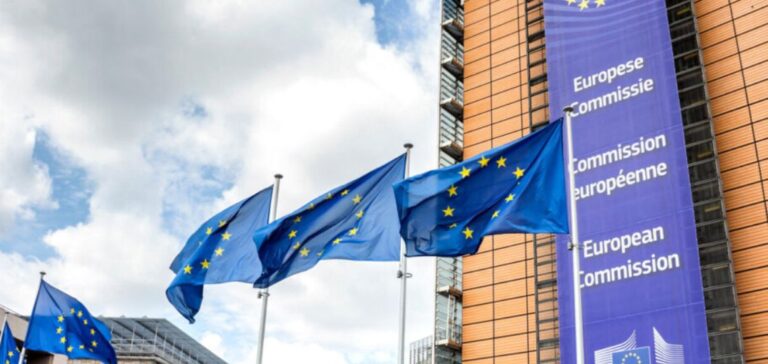The European Commission has presented a new proposal aimed at compensating exporting companies facing increasing carbon costs. The project plans to use revenues from the Carbon Border Adjustment Mechanism (CBAM) to finance reimbursements for industries affected by the gradual removal of free emission allowances. These measures will initially apply to the most sensitive sectors, notably steelmaking, aluminum, and cement, to maintain their international competitiveness. According to official documents, the initiative is expected to mobilize around €70 million when it officially launches in 2026.
Targeted Compensation and Decarbonization Conditions
The system proposed by the Commission includes compensation proportional to the gradual reduction of free carbon emission allowances currently granted to companies. However, these reimbursements will be contingent upon specific long-term decarbonization goals, without which industries will not qualify for funds. By 2030, the annual funds available for these compensations could reach €2.1 billion. This amount would be directly financed by revenues collected at the border from importers whose countries of origin do not have a carbon pricing system equivalent to that of the European Union.
Consultation and Sectoral Debate
The proposal has already triggered an in-depth consultation with affected industries, which regularly express concerns about the growing burdens resulting from the European Union Emissions Trading System (EU ETS). Industries are hoping for rapid implementation of these compensations to preserve their market share against non-European competitors subject to less stringent environmental regulations. However, some organizations, such as the NGO Bellona Europa, point out the lack of clarity concerning specific criteria and long-term mechanisms associated with these compensations.
Prospects for Expansion in 2026
The European Commission has planned an initial evaluation period for these measures starting in 2027 to assess their economic and industrial effectiveness. Concurrently, it is considering a potential expansion of the CBAM in 2026 to other industrial sectors exposed to carbon leakage risks, following a detailed assessment beginning at the end of 2025. Among the scenarios examined is an extension to downstream industrial sectors potentially impacted by competitiveness loss due to rising carbon costs. The final decision will take into account evaluation results and consultations held with relevant industries.
These measures come at a time when European carbon prices remain significantly higher than those of its main commercial competitors, thus amplifying issues related to industrial competitiveness and international trade.






















